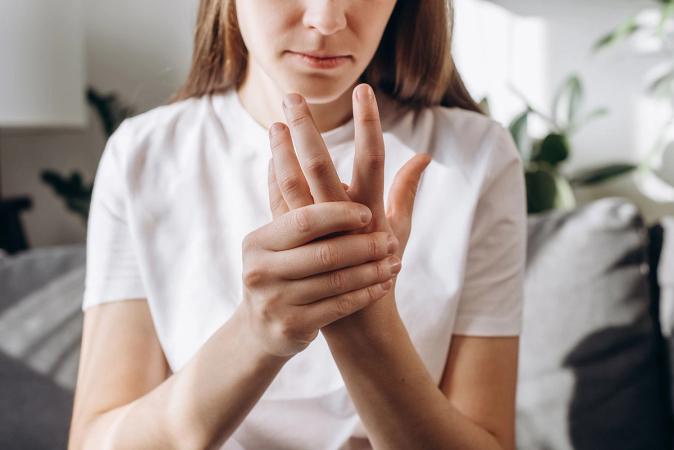question
how can i tell whether my rheumatoid arthritis is getting worse?
Understanding the progression of rheumatoid arthritis (RA) can be challenging, as the condition varies significantly from person to person. In my sources, several indicators can help you determine whether your RA may be worsening. Here are some key signs to watch for:
Increased Joint Pain and Swelling
- Persistent Pain: If you notice that your joint pain is becoming more intense or frequent, this could indicate a worsening of your condition.
- Swelling: Increased swelling in your joints, particularly if it occurs symmetrically (affecting the same joints on both sides of the body), is a common sign of RA progression.
Stiffness and Reduced Mobility
- Morning Stiffness: If you experience prolonged stiffness in the morning that lasts longer than usual, this may suggest that your RA is becoming more active.
- Reduced Range of Motion: Difficulty in moving your joints or a noticeable decrease in your range of motion can also be a sign of worsening RA.
Flares and Inflammation
- Frequent Flares: An increase in the frequency or severity of flares—periods when your joints become more inflamed and painful—can indicate that your RA is not well controlled.
- Duration of Flares: If flares last longer than they previously did, this may also suggest a worsening condition.
Fatigue and General Well-being
- Increased Fatigue: A rise in fatigue levels, especially if it interferes with your daily activities, can be a sign of worsening RA.
- Overall Health: If you feel unwell or experience other general symptoms, such as weight loss or fever, it may be worth discussing with your healthcare provider.
Emotional and Psychological Impact
- Emotional Changes: Feelings of frustration, sadness, or anxiety about your condition can also indicate that your RA is affecting your quality of life more than before. Acknowledging these feelings is important, and seeking support can be beneficial.
Monitoring and Professional Guidance
- Keep a Journal: Maintaining a pain diary can help you track your symptoms, including pain levels, stiffness, and any triggers you notice. This information can be invaluable when discussing your condition with your doctor.
- Regular Check-ups: Regular visits to your rheumatologist are crucial. They can assess your condition through physical examinations and necessary tests, such as blood tests for inflammation and imaging studies to evaluate joint damage.
Seeking Help
If you notice any of these signs or have concerns about your RA worsening, it is essential to consult your healthcare professional. They can provide tailored advice and may adjust your treatment plan to better manage your symptoms and prevent further joint damage.
Conclusion
Living with rheumatoid arthritis requires ongoing management and awareness of your symptoms. By staying informed and proactive about your health, you can work with your healthcare team to maintain your quality of life. Remember, you are not alone in this journey, and support is available.
This information is not a substitute for professional medical advice, diagnosis or treatment. Always consult a registered healthcare professional about matters that affect your health. Clara uses artificial intelligence to generate general information for personal educational purposes only, not intended to be a management plan and it may contain errors, inaccuracies or may oversimplify concepts.
Sources














